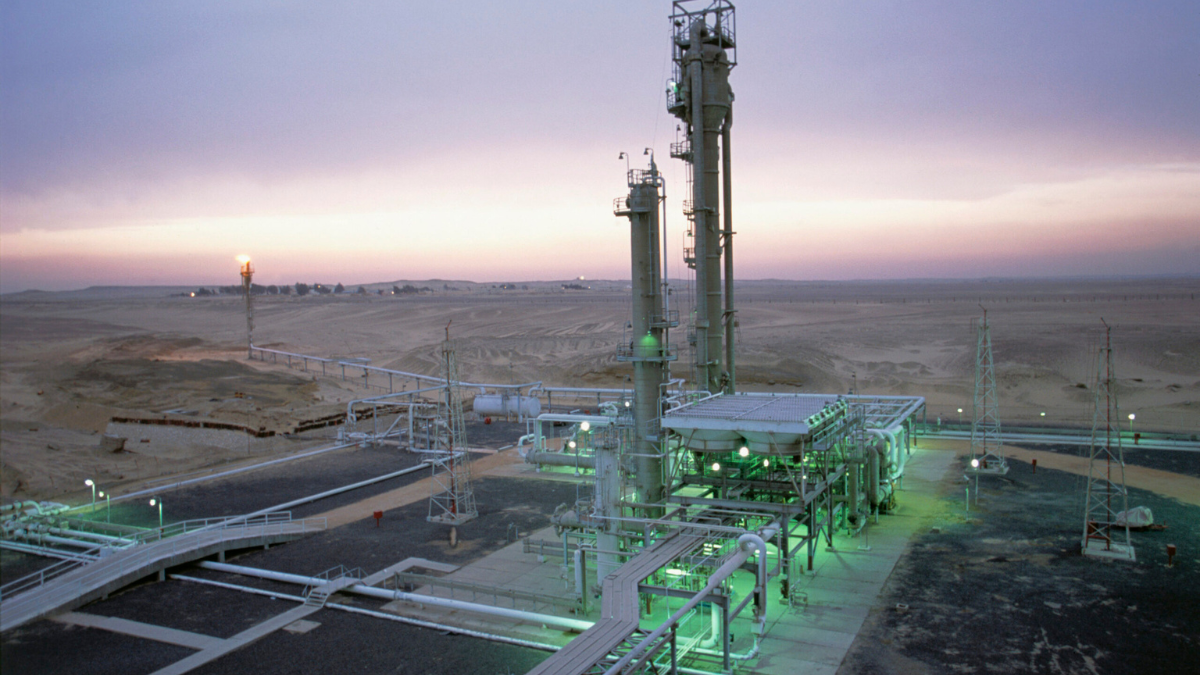Energy security of Europe can be improved, and its reliance on Russian gas can be decreased, thanks to the East Mediterranean.

Energy security of Europe can be improved, and its reliance on Russian gas can be decreased, thanks to the East Mediterranean. In order to effectively meet the gas needs of the European continent, regional nations are well-positioned to take on upcoming challenges in the global energy markets.
Egypt is in a good position to increase its gas exports to Europe, but one major obstacle is the lack of LNG terminals in European nations or the limited capacity of the terminals that do exist to receive supplies. Therefore, in order to increase their capacity to receive LNG, European nations must either build new terminals or upgrade existing ones.
Egypt’s Nargis-1 exploration well, co-owned by Chevron and ENI, contains 200 net feet of Miocene and Oligocene gas. German Wintershall Dea made a new gas discovery in the Disouq concession, testing at a peak production of 15 million cubic feet of gas per day. These discoveries could potentially lead to commercial discoveries in Europe.
Egypt produced more than 95 billion cubic metres of gas in 2021 and has proven gas reserves of 2.21 trillion cubic metres. It exports more than 12 billion cubic metres each year.
In order to extract more regional gas through joint exploration and the linking of national pipelines, Egypt prioritised regional energy cooperation with Greece and Cyprus. The partial delimitation agreement between Egypt and Greece that was signed in August 2020 serves as evidence of this.
The Euro-Africa Interconnector, a Project of Common Interest by the EU, aims to transport renewable electricity from Egypt and other African countries through Greece to Europe. The project supports Egyptian and Greek energy hubs in Southeast Europe.
Due to potential difficulties with the East Mediterranean Gas Pipeline, Greece is looking into regional gas imports into Europe. Athens is concentrating on initiatives like the Euro Asia Interconnector, which links the power grids of Greece, Cyprus, and Israel to that of Europe.
A $16 billion contract has been given to Nexans for the section of the Euro Asia Interconnector that runs a subsea cable over 3,000 metres from Cyprus to Greece.
Greece is giving priority to infrastructure projects, such as a 28-kilometer onshore gas transmission pipeline that runs from the National Gas Transmission System to the Alexandroupolis Floating Storage and Regasification Unit in the country’s north. The Balkans and Southeast Europe will receive 5.5 billion cubic metres of gas per year through this pipeline.
In May 2023, Corinth Pipeworks finished the 28 kilometres of pipes for which Saipem S.p.A. had given them a contract. A 160-kilometer gas pipeline in western Macedonia that can move up to 100% hydrogen is another project that Greece is concentrating on.
The Ionian Sea and the area south of Crete are two offshore blocks where the Greek government has prioritised seismic surveys and drilling in its action plan for hydrocarbon exploration.
Between 2 and 2.55 trillion cubic metres of recoverable gas were found in over 30 maritime blocks, according to the Hellenic Hydrocarbon Resources Management Authority. The gas will be transported to Europe.
Israel now has complete energy independence, providing protection from the energy crisis brought on by the conflict in Ukraine. In order to increase the amount of gas exported to foreign markets, the nation is currently offering 20 new exploration blocks in its 4th International Offshore Licensing Round.
The conflict in Ukraine offers a fantastic opportunity for the non-radical Islamic nations of the region to produce and jointly transport gas to Europe. This may assist regional nations in drafting long-term energy cooperation agreements that are advantageous to all involved economies.
Israel takes Turkey into account when making regional calculations because building a pipeline to transport Israeli gas to Turkey could diversify Turkey’s energy supply. Political factors, such as Ankara’s regional revisionism and unpredictable stance towards Israel, have hampered its execution, though. As opposed to exporting gas to Europe, Turkey wants to import gas from the East Mediterranean for domestic use.
Overall, there are a number of ways to improve Europe’s energy security by increasing the supply of energy from the East Mediterranean.
Despite the low cost of Libyan gas and oil extraction compared to other East Mediterranean nations, there is scepticism in European political circles regarding Libya’s viability as a source of energy for Europe. The primary barrier preventing European energy operators from cooperating with Libyan authorities is the country’s extremely unstable situation.
East Mediterranean countries must adopt a European strategy that benefits all parties involved. Egypt should expand its LNG processing capacity to Europe to offset Russia’s decrease in gas imports and boost state budget revenues.
Greece should strengthen its energy partnership with Saudi Arabia, enabling massive hydrogen imports from the Saudi Neom region to Europe. This will pave the way for a win-win situation for all parties involved.
Energy security is crucial for a Europe’s stability, economic growth, and resilience against energy-related challenges and uncertainties in the global energy markets.